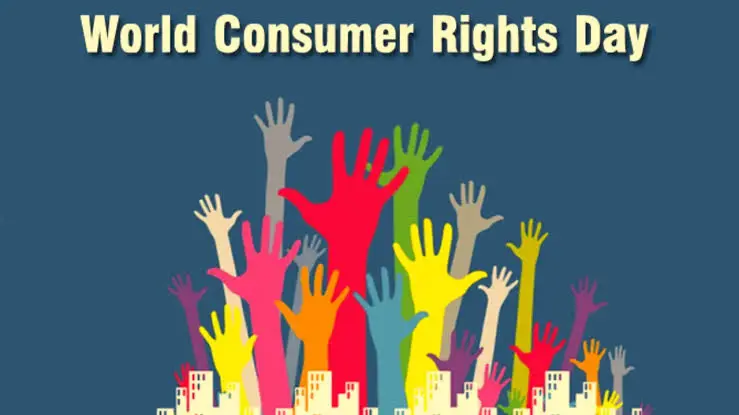Every year on March 15, the global community observes World Consumer Rights Day, a day dedicated to promoting consumer rights and raising awareness about fair trade practices, product safety, and ethical business conduct. The occasion marks an opportunity to reflect on the challenges consumers face and the measures needed to ensure their protection. As we step into 2025, the theme of consumer rights has never been more relevant, particularly in the context of rapid digitalization, e-commerce growth, and evolving market dynamics.
The observance of this day dates back to March 15, 1962, when U.S. President John F. Kennedy first addressed consumer rights in a historic speech to Congress. He emphasized four fundamental rights of consumers:
1. The right to safety – Protection against hazardous goods.
2. The right to be informed – Access to accurate product and service information.
3. The right to choose – Access to a variety of quality goods and services at fair prices.
4. The right to be heard – A voice in policy-making and consumer grievances.
In 1985, the United Nations Guidelines for Consumer Protection further strengthened the foundation for consumer rights globally, and since then, March 15 has been observed as World Consumer Rights Day by consumer protection organizations, governments, and businesses worldwide.
With the digital revolution reshaping global commerce, consumers today face new opportunities and risks. The rise of e-commerce platforms, digital payments, and AI-driven marketing has provided consumers with convenience and choice. However, it has also introduced concerns related to:
• Data privacy and security breaches
• Misleading online advertisements and scams
• Fake reviews and deceptive pricing
• Cyber frauds and digital payment risks
In response, governments and regulatory bodies have introduced stricter data protection laws, reinforced consumer protection policies, and promoted digital literacy initiatives to safeguard online consumers. The Consumer Protection Act, 2019 (India), the European Union’s General Data Protection Regulation (GDPR), and the Federal Trade Commission (FTC) policies in the U.S. are examples of evolving legal frameworks aimed at protecting consumers in the digital age.
Corporations play a vital role in ensuring ethical business practices and safeguarding consumer interests. Responsible businesses adopt transparent pricing, quality assurance measures, and ethical marketing strategies to build consumer trust. At the same time, consumer awareness remains key. Consumers must educate themselves on their rights, verify the authenticity of online sellers, and demand fair treatment in all transactions.
World Consumer Rights Day 2025: Call to Action
As we commemorate World Consumer Rights Day 2025, it is essential for policymakers, businesses, and consumers to work together to create a safer, more transparent, and consumer-friendly marketplace. Here’s how each stakeholder can contribute:
• Governments should strengthen regulatory frameworks and enforce stricter laws against fraudulent practices.
• Businesses must commit to ethical practices and prioritize consumer welfare.
• Consumers should stay informed, report unfair trade practices, and actively participate in consumer protection movements.
In a world where technology is shaping our consumption patterns, consumer rights must evolve alongside digital advancements. This World Consumer Rights Day, let us pledge to uphold fairness, transparency, and accountability in every market transaction—ensuring a safer, more consumer-friendly future for all.
Mushtaq Bala a film maker and editor in chief of Kashmir Pen can be reached at mushtaqabala@gmail.com


